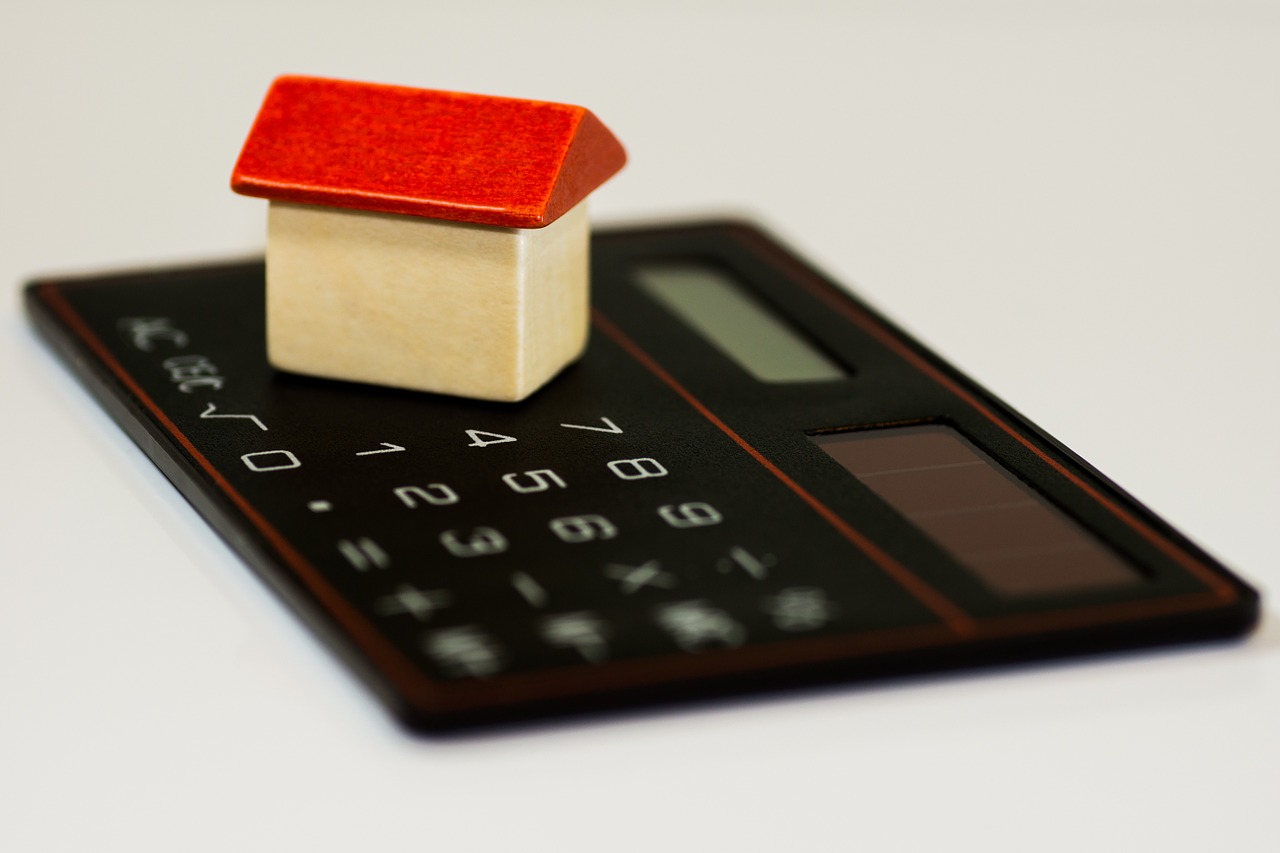Buying property can come with many hidden costs beyond the asking price or mortgage deposit. Whether you are buying your first home or investing in a new property, you must be aware of the extra fees you might have to fork out your money.
1. Moving costs
If you are moving to a new home, you might easily forget the cost of hiring a van or a removal company.
Depending on how much you own and the location of your new home, you might be able to transport your possessions in a few trips yourself. Removal companies can be expensive. Ensure you factor in this hidden cost.
2. Maintenance and renovation
Most people want to renovate their new home to suit their style. But, depending on the condition of your new home, the cost of renovating or ongoing maintenance might rack up your fees.
It is advisable to save between 1% to 4% of your property’s value for maintenance and upkeep. Of course, you do not need to have the money saved for future care right now as it is an ongoing expense. But keep in mind the potential costs when budgeting.
3. Mortgage fees
Beyond the actual mortgage repayment and deposit, there are additional fees. These can include fees for appraisals, home inspections, personal or bridging loans, applications, credit checks, and admin.
These costs can range from the hundreds to thousands — usually between 2% to 5% of the home price. They are inevitable finances that come with buying a new home. Make sure you stay on top of these fees, so you don’t end up paying any twice.
4. Stamp duty
If you are investing in a second property, you are liable to pay stamp duty. It is a government tax and how much you pay is dependent on where you are. Different countries and different states have various stamp duties. It also depends on how large a loan you are taking out against the property.
5. Stata properties
Buying within an apartment complex or a strata building comes with its own hidden costs. Ensure you are aware of what you are purchasing and what you are responsible for.
You might need to factor in maintenance costs of the outer walls of your apartment, or you might have to pay a maintenance fee to the body corporate. There are many things to consider when buying within a strata building that might impact your budgeting.
6. Broker fees
If you’re a first-time buyer, you might want to hire a mortgage advisor’s assistant. While this is not a requirement of buying a home, it might be good to avoid any extra expenses or surprises later on.
Fees can range depending on the skill and experience of the broker. If you choose to employ their assistance, it is a good idea to set aside a few hundred to a thousand dollars.
7. Legal fees
You will also have to pay a solicitor in the process of buying a new house. A solicitor will handle all the legal aspects of your purchase, such as assessing the title for any concerns that will prevent you from buying or selling the property in the future.
A solicitor can be pretty expensive — usually within the thousands. Make sure to get a breakdown of the fees to know precisely what you are paying for.
8. Surveys
Your new home will need inspections and surveys to ensure it is suitable to buy and live in. You don’t want to invest in a new property only to find out later that you need to pay exorbitant fees to fix the roof or a leaky balcony. The more money you pay your surveyor, the greater detail you will get.
9. Insurance
You might want to budget for many different kinds of insurance, from homeowners insurance to indemnity insurance. It will protect you in case something goes wrong with your buying experience. If you are buying a rental property, you also need to get landlord insurance.
Buying a new home is an exciting prospect. You don’t want your investment journey to be tarnished by unexpected costs. Ensure you understand every payment you make and budget for all potential fees.
